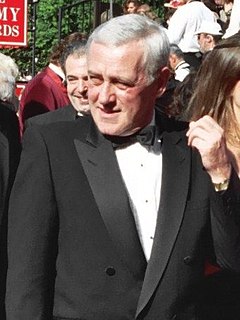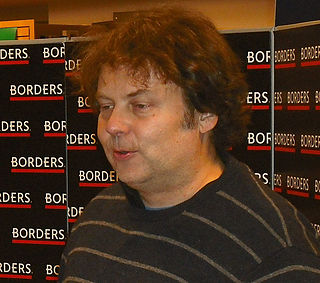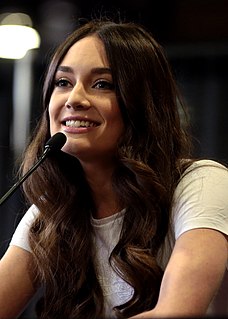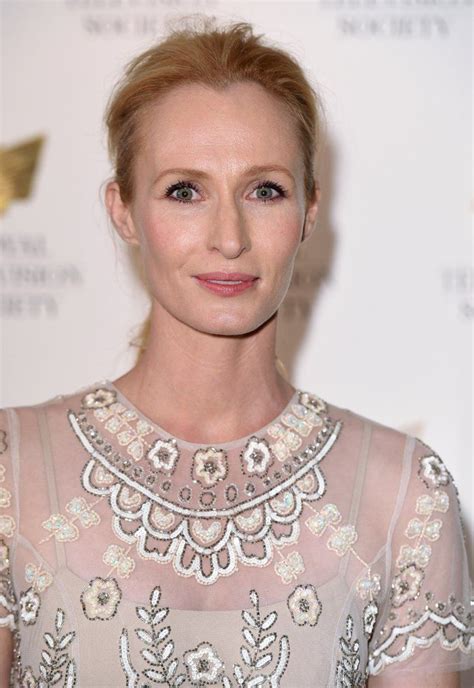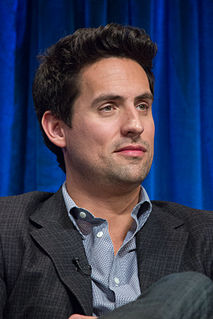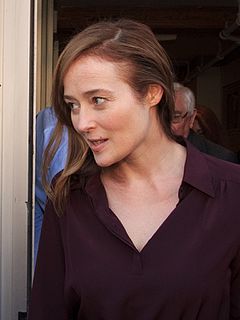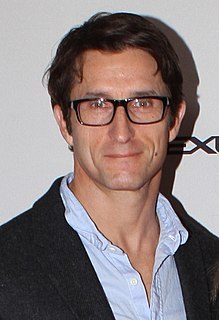A Quote by Toks Olagundoye
My accent has changed my whole life. When I was younger, it was very Nigerian, then when we went to England, it was very British. I think I have a very strange, hybrid accent, and I've worked very hard to get a solid American accent, which is what I use most of the time.
Related Quotes
I guess the most interesting thing that people think is I'm English. They think that I live in England and have a British accent. When they talk to me, at first they go, "Man, you have a great American accent," and I go, "No, no, no, this is my accent. I don't do accents." And then they're really disappointed, and they try to punch me.
I think moving from Ireland to Australia, you couldn't get a more different accent on the palate. The Irish accent is very muscular and involves a lot of tongue and cheek-muscle work, whereas the Australian accent is really flat; the palate is quite broad. They're at almost opposite ends of the scale, so I feel it was good training.
Acting for me was hard enough without having to think of the accent. And also, when I was auditioning for stuff I would walk into the room with an Australian accent, and I would do the audition in an American accent, and they would invariably say, 'Yeah, it's that good, but I can still hear the oddity coming through.'

